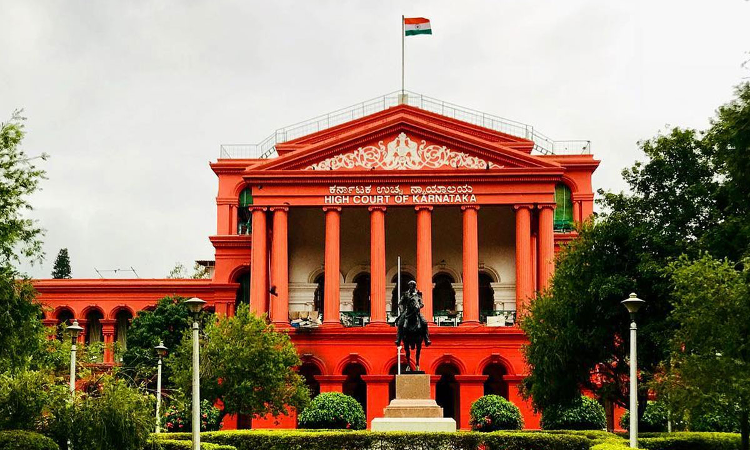UAPA | Article 21 Can't Be Stretched To Protect Those Posing A Threat To Nation's Sovereignty & Integrity: Karnataka High Court
Mustafa Plumber
26 Feb 2024 4:28 PM IST

"It is the duty of the Constitutional Courts to protect the nation and its society from such people who indulge in anti national and anti societal activities. Without the nation there is no Constitution," it said.
Next Story


